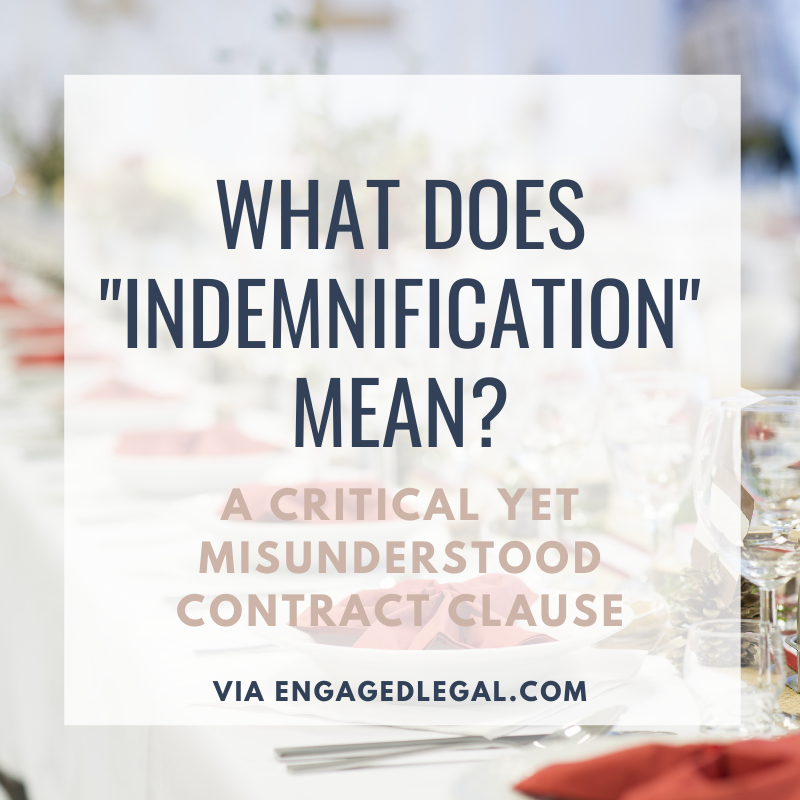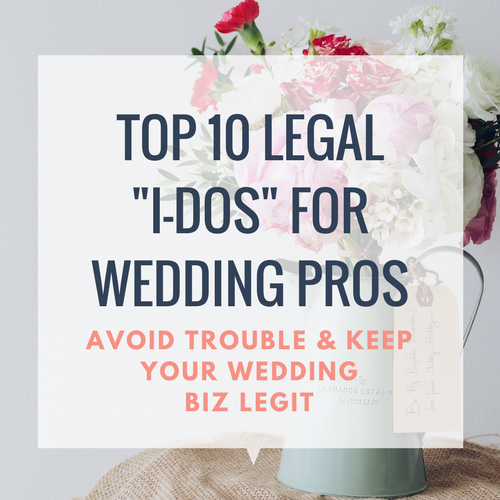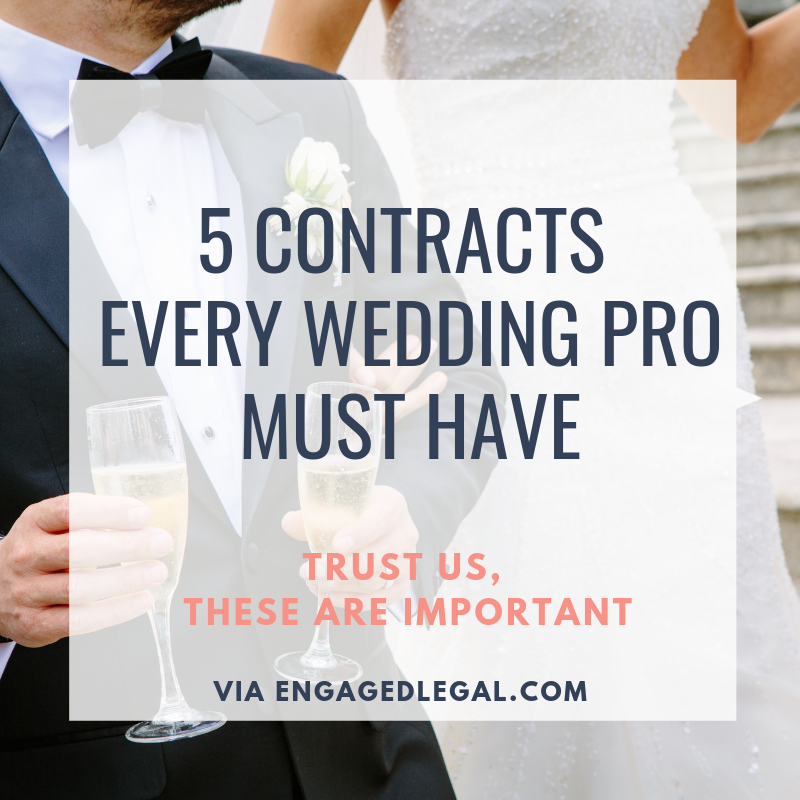What does "Indemnification" mean?
/Take a look at a well written contract and you’ll probably notice a section with the word “INDEMNIFICATION.”
But once you start reading, your eyes kind of glaze over and things get…. confusing.
But indemnification— and agreeing to indemnify someone— is important. Like…. REALLY important. Like tens of thousands of dollars important 👀
So let’s take a crash course in indemnification and exactly WHAT it is you’re agreeing to— or having your clients agree to.
What is Indemnification?
Indemnity is a contractual obligation of Party A to compensate the other party (“Party B") for damage, loss, or other financial issues due to specific acts (or failure to act).
It’s a promise to pay.
Simplified Example: In a very simplified way, car insurance works as a form of indemnity: You enter into a contract with the insurance agency to cover your costs or expenses if you are in a car accident— that is something covered by your policy (the contract). However, your car insurance wouldn’t cover a flood in your home, as that isn’t part of your policy.
What Does An Indemnification Clause Look Like?
Typically, it’s easy to spot an indemnification clause because it will say ‘INDEMNIFICATION.” You can also look for the following language” :
indemnify
hold harmless
defend.
"Indemnify" and "hold harmless" both mean pretty much the same thing: to make the injured party (the person who is invoking that contract clause) “whole” again. That means that the other party is agreeing to cover those costs and expenses we talked about above to make it as if the “hurt” party was never sued/ damaged.
When an indemnification clause uses the word "defend," you want to look at it particularly carefully. "Defend," on the other hand, may suggest responsibility for defending against lawsuits. This type of language is particularly important for folks in the creative industry, as you are often required to agree to defend another party if your work is attacked/ someone sues over your work.
How does Indemnity Affect Me?
In the business world, Indemnity is often used in help the business owner avoid being held responsible to pay for for injuries, accidents, or legal claims that are not the business’s “fault.”
What are some of these situations?
Compensation to a third party due to loss, damage, and/or injury
Legal costs associated with that loss, damage, or injury
Protection against certain acts of negligence
Loss of expected profit, such as a contractor not finishing work on schedule so you couldn’t finish your floral installation in time for the event and are now losing $$$ from the couple
Breach of contract
How should I handle Indemnification clauses?
Indemnity is one of the most confusing clauses to manage. I don’t like striking it completely, as is as helpful as it is harmful. For example:
You are a wedding planner. You ask a client to “indemnify, defend, and hold [you] harmless” for injury and harm resulting from their unique event entertainment, e.g. the fire throwers they HAD to have.
A guest’s hair, chock full of hairspray, catches on fire.
The guest tries to sue you.
That indemnification clause you have with your client says that the client is responsible for indemnifying,. defending, and holding you harmless for any legal actions that result from their fire throwers.
That client will be responsible for paying for your legal fees, any judgments against you, and any financial loss you incur because of that guest’s head catching on fire.
However, keep in mind that indemnification clauses are often difficult to word. They are confusing and can require a lot of negotiation. I always suggest working with a lawyer to make sure your indemnification clause is top notch. That lawyer will be able to explain it to you, make sure you know what IS and is NOT ok to change, and can help you work through individual situations that may arise.— fire throwers and all!



















